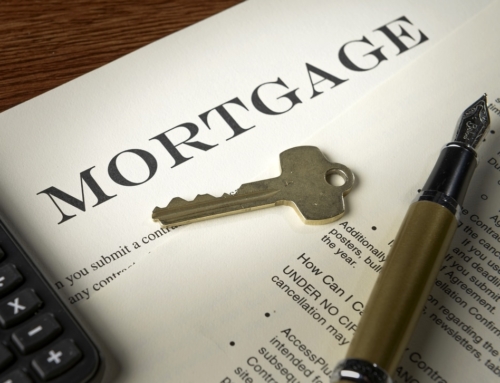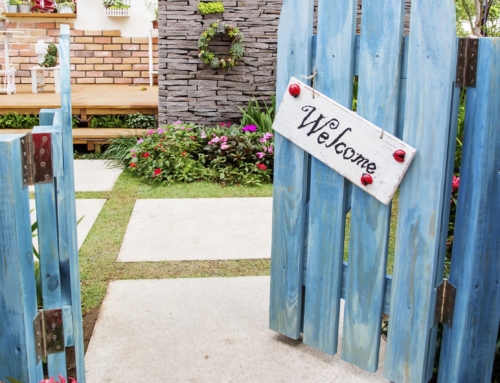Q: I’m 54 my wife is 52. We have approximately $200,000 in a 401(k) and $115,000 of equity in our home (valued at about $315,000).
We are trying to plan for our future and are thinking about selling our home and downsizing to a smaller mortgage with fewer home-related expenses. Does it make sense to put down $100,000 on a house and have only a $70,000 mortgage? Or should we take out a bigger mortgage and put away more cash for our retirement?
We’ve experienced good appreciation on our home over the 8 years that we have lived in it. However, not sure if real estate is going to appreciate like it has.
A: The one thing you can bet on is that real estate won’t appreciate as much over the next eight years as it has over the past eight years.
As interest rates rise, fewer people can afford to buy homes, renovate the homes they live in, or trade up
to bigger or newer homes. While some markets will continue to see double-digit appreciation, most will either experience zero or negative appreciation or see something around 3 percent per year, or just over the rate of inflation.
But let’s talk about your situation: You have $115,000 in equity in your home. What can you do to make the most of this money? Some advisors would tell you to get as large a fixed-rate mortgage as you can and invest the rest.
That advice might have been good when interest rates were below 6 percent. Today, a 30-year fixed rate loan is approaching 7 percent, and your investments would have to return 10 percent or more for this approach to be worthwhile.
On the other hand, I think downsizing to something less expensive and easier to maintain is a great idea.
While this next move may not be your last one, you should plan to live there until you retire, in perhaps 12 to 15 years.
By adding more to the down payment and getting a significantly smaller mortgage, you’ll be able to get a 15-year loan and pay it off in perhaps 10 years or less by adding extra to the principal balance each month.
Once your loan is paid off, your cost of living will shrink rapidly once you’re ready to retire, and you’ll have fewer expenses to worry about. Your 401(k) money will go a lot further.
Since your mortgage is going to cost less, even if you prepay it, you should be able to pump the maximum into your 401(k) plans at work. It would be nice to see your $200,000 grow to $300,000, or even $400,000, over the next 12 to 15 years.
When selecting a home that you will age in, think about any universal design features the property has or can be added to it, including a first-floor master bedroom suite, a minimal amount of stairs, wider doorways, and higher grade cable wiring to support more electronics in the home. Ranch homes, with one-floor living, and maintenance-free communities, are popular choices for both retirees and near-retirees.
So much for the short-term. Don’t forget to look out over the retirement horizon, which unfortunately will be here before you know it.
As soon as your retirement plans come into focus, you’ll want to think about whether you’re going to stay in this next house or move elsewhere. If you figure out where you want to be (perhaps near your children and grandchildren, near friends, or perhaps near recreational activities you enjoy), you may want to think about using some of your equity to buy the house or land you will eventually want to move into.
That way, when the time comes, you can then sell your current home and make your next move.
July 13, 2006.






Leave A Comment